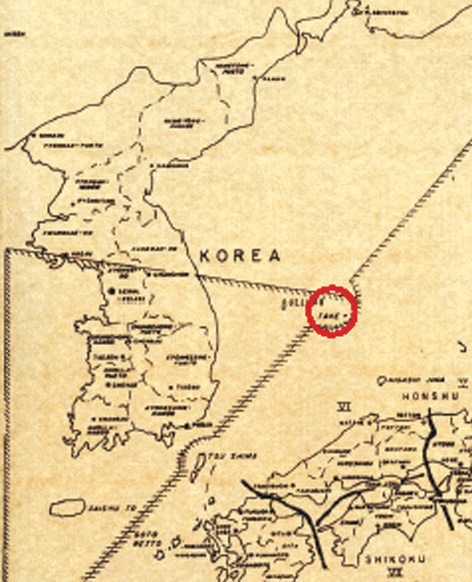
College of Law
Actually, the dispute of the sovereignty of Dokdo has not become an issue only for a day or two at all. For key arguments through its development, such questions as 'native territory' and 'continuously effective possession and ruling' have often been mentioned. 'Explanatory conflict about documents right after World War II' has been also added to them. However, recent extreme provocations after the revelation of Japanese research plan suggest definitely inimical actions to friendly relations between South Korea and Japan. Moreover, it also indicates infringing on territorial sovereignty. Why is Japan making such a provocatively daring action?
Above all, it is because Japan wants to build the justification for Dokdo belonging to its territory in the future, or because it is attracted by enormous natural resources in the water near Dokdo. But, for its fundamental cause we need to understand a context of Japan's leaning to the right, strengthened generally from the beginning of the 1990s. In fact, there has been a series of policies in Japan such as sending troops overseas, its more influential military power through the amendment of U.S.-Japan mutual defense guidelines, and movements for an amendment of the constitutional law. What should the solution be for the Dokdo issue? And what way could be reasonable? Now, we are at an important point for pondering its territorial problem, which may inevitably lead into a bitter confrontation between South-Korea and Japan.
First of all, from the nature of the matter, essentially territorial disputes are not easily solved, and sometimes they even force the involved nations into extremely confrontational situations. To cope with them, we should bear in mind that preparations for our government should be far-sighted and accurate. For example, a proper counter-move to Japan is to pinpoint its inconsistencies in its territorial policies. When Japan claims the retrocession of 4 islands in the Northern Sea of Japan, sovereignty over the Senkaku Islands as well as Dokdo islets, it does not maintain consistent policies towards Russia, China, and South Korea, respectively.

Thirdly, for the sake of a lasting friendly relationship between Korea and Japan, both countries should look for clues to resolve the Dokdo issue. Rather than extremely emotional opposition, our principled stand should be put on more objective and righteous foundations. Additionally, being closely connected with conscientious intellectuals, we can make a wiser choice of our steady persuasion of Japan. Despite the expression "a close but distant country" in relating relations between our country and Japan, both nations should walk together with their partnership for the 21st century through mutual cooperation.

Nonetheless, I would say that the solution to the Dokdo dispute through the ICJ will be unfair from the following viewpoints. Firstly, Japan has publicized its own territory named 'Takeshima' to be written instead of Dokdo. Secondly, international laws applied by the ICJ have been made by Japan and a few industrialized western countries. Thirdly, Japan has produced several judges in the ICJ and Japanese judge Owada is still in his office.

In front of the statue of Yi Sun-sin, the Navy Admiral during Japanese invasions, an angry crowd of Korean citizen's group protested strongly against Japanese claim over the sovereignty of Dokdo on 28 April 2005.
저작권자 © 영남대학교 언론출판문화원 무단전재 및 재배포 금지


